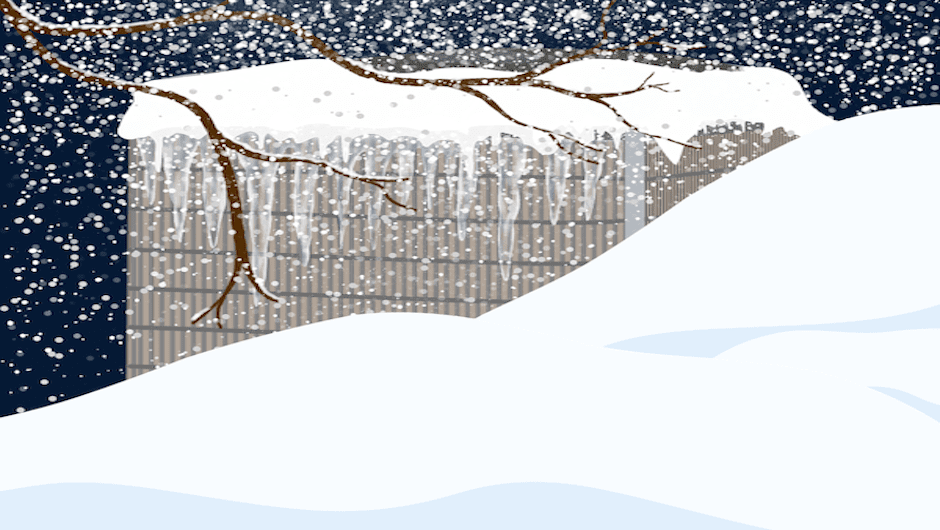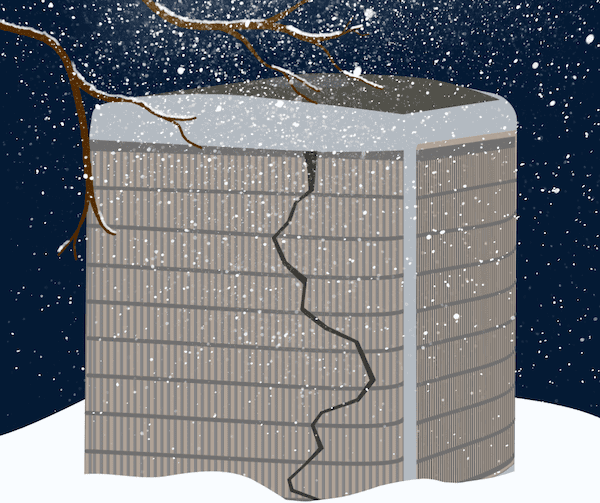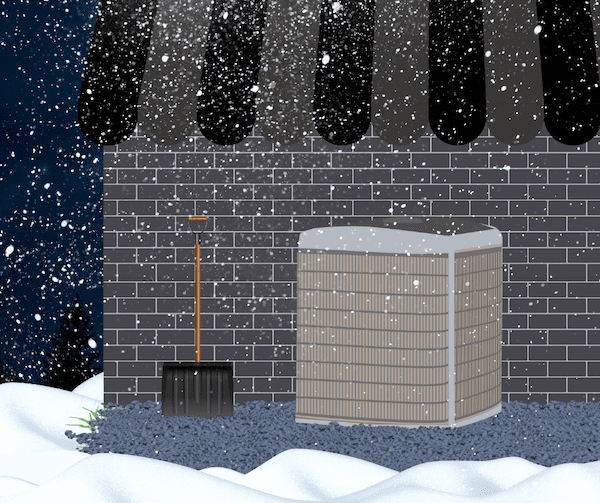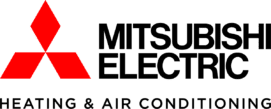
As winter arrives, the picturesque snow and icicles might add charm to your surroundings, but they also signal the need for extra attention to your home’s HVAC system. Snow and ice can significantly alter the functionality and efficiency of your HVAC unit. If addressed promptly, you avoid decreased efficiency, higher energy bills, taxation on your unit that will decrease its lifespan, and potential breakdowns. But first, it’s important to understand the risks of winter weather on your system.
Potential Damage

Excessive snow or ice accumulation poses a risk of physical damage to the condenser unit. The weight of heavy snow and ice can lead to cracks and can strain the heat pump causing unit failure.
Blockages
One of the primary concerns during snowy weather is the accumulation of snow around the HVAC unit’s exterior components, such as vents, intakes, and drainage pipes. Snowfall can obstruct these, disrupting airflow, ventilation, and the outflow of humidity. This obstruction compromises the system’s efficiency, making it work harder to maintain desired indoor temperatures. If left unattended, your system may break down.
Frozen Components
Low temperatures can lead to ice formation on various parts of the HVAC unit. Ice buildup on critical components, like the condenser coils, can impede their functioning. When encased in ice, your unit will struggle to transfer heat effectively, reducing the system’s overall performance.
Preventative Measures

To mitigate the impact of snow and ice on your HVAC unit, consider proactive steps to prepare for this winter:
- Regular Inspections: Schedule a routine inspection before winter’s arrival to ensure optimal operation. Regular maintenance by a trained HVAC technician is the best preventive measure against malfunctions.
- Protective Covers: Ask your tech about covers and fences that might be suitable for your system. This form of winterization is a layer of protection around your unit that can help prevent snow from building up around key components and catch any debris or ice flying through the air before it can strike your unit.
- Clear Surroundings: Regularly check for icing and snow blockages – clear the area by shoveling or melting ice. Remove any branches that could hit or deposit snow on the unit.
By taking these steps, you not only prevent efficiency loss and higher energy bills but also extend the lifespan of your HVAC unit, ensuring your comfort throughout winter. When in doubt, consult a licensed HVAC professional for assistance.
We hope you found this article helpful and look forward to continuing to ensure your comfort and safety. Thank you for choosing CPS.
If you are in need of more information or would like to schedule a free consultation, you can reach us at 508-460-6691 or fill out this form.





